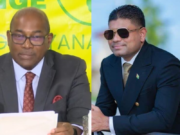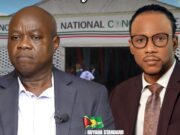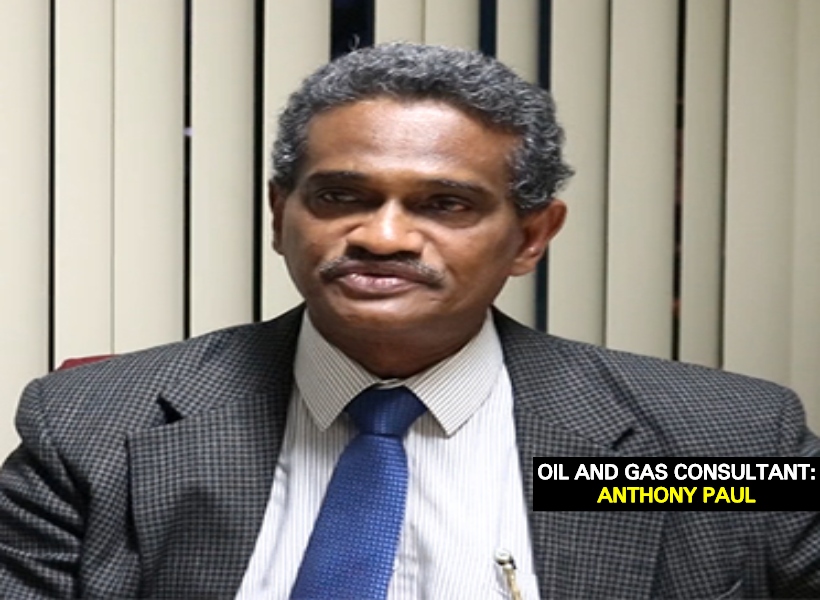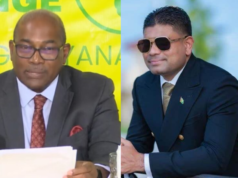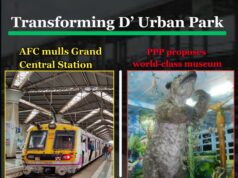By Suraj Narine
Countries across the world have paid the price for leaving it up to oil operators to exercise their “good” conscience and honour environmental best practices.
International observers have noted that Guyana is unfortunately walking along the same road.
Chatham House Advisor and experienced Oil and Gas Consultant, Anthony Paul recommends that the Government invest in strengthening its regulatory bodies with a great degree of urgency.
In an interview with Guyana Standard, Paul articulated that any smart government would ensure that mechanisms are in place to ensure oil companies can be held accountable in the event of accidents or failure to perform.
He noted however that introducing the appropriate mechanisms for making investors accountable can be a challenge in a context of low capacity and limited sector knowledge. Paul acknowledged that this is the state of affairs in Guyana.
It is because of the low capacity at Guyana’s Environmental Protection Agency (EPA), that a contract was awarded to Ramboll US Corporation to effectively evaluate the Environmental Impact Assessment (EIA) of Esso Exploration and Petroleum Guyana Limited (EEPGL).
That EIA focuses on the Liza Phase Two Development Project of ExxonMobil and its partners. EEPGL is a subsidiary of USA oil king, ExxonMobil.
Of significance too, is the fact that the EPA approved EEPGL’s first EIA even though it lacked the capacity to properly analyze the document.
The Chatham House Advisor said, “Risks are always high with oil exploration. Because of this, government needs more capacity to regulate operators effectively. Has there been any movement to improve the capacity at the respective environmental regulatory agencies in Guyana? I think not. It appears that Guyana’s government is relying on foreign oil company operators to self-regulate and that it may come to regret it. In my experience, countries with have found themselves in this position often come to regret it.”
The Oil and Gas Consultant added, “Government must invest in capacity-building, to increase the regulators’ ability to understand the technical risks involved in operations. Until regulatory capacity is sufficiently established, government should devise other means of accessing the necessary technical knowledge to design the regulatory regime and to monitor performance. Government and regulators should draw on international standards to write their regulations.”
The Chatham House Advisor said that Government can seek support from consultants to oversee the regulatory regime. He said however, that this support should not be a substitute for developing national capacity.
He commented that government can create a network of regulators for greater exchange of ideas and information among emerging producers. Also, Paul stated that Guyana’s coalition administration can map out the available technical expertise across their continent (or region) and set up a system to share available technical experts.
